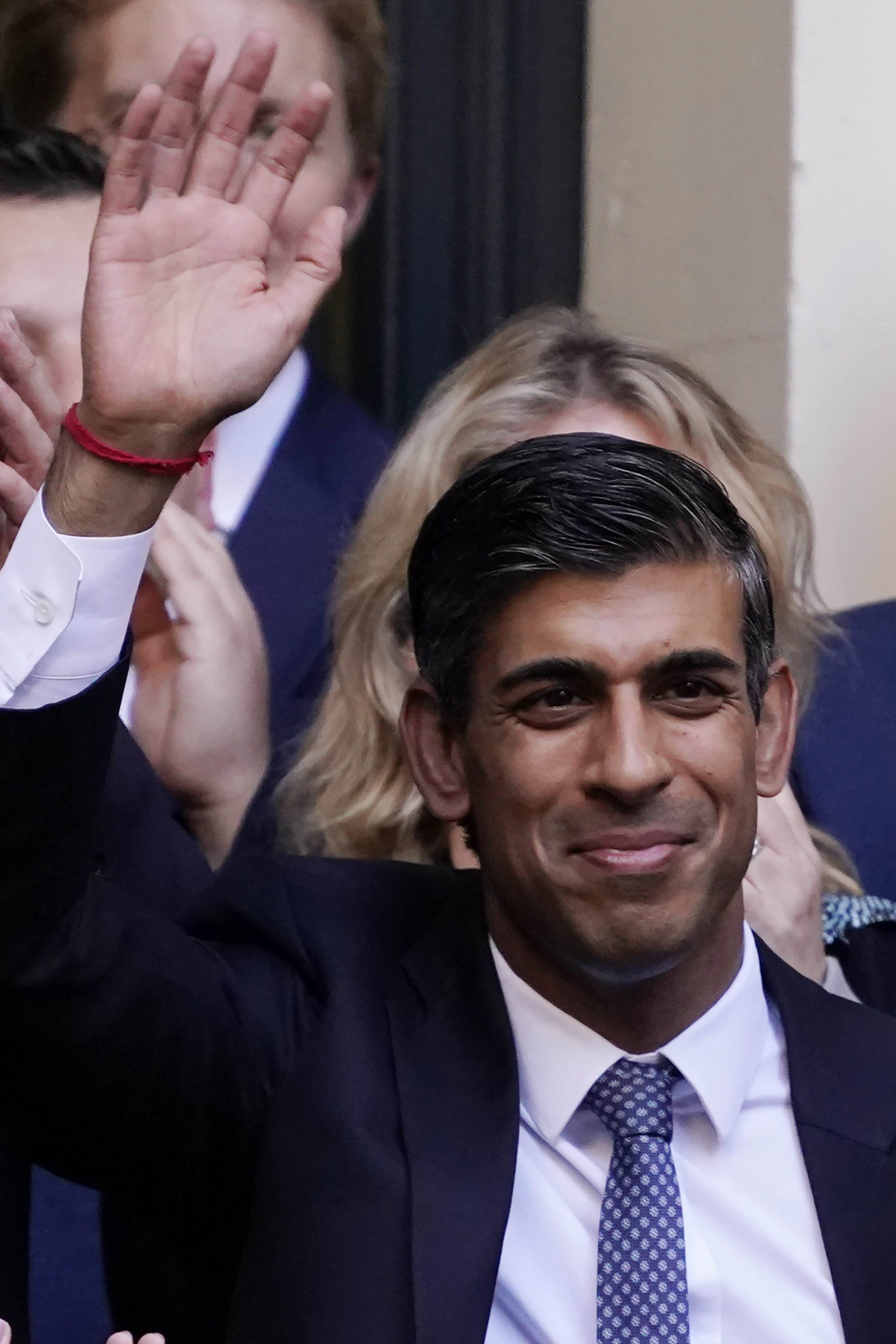Find a firm footing

Finally, after all ups and downs, 42-year-old Rishi Sunak has managed to become the first Asian-origin prime minister of the United Kingdom. He is also the youngest PM of the country in the past two centuries. Resignation of former PM Liz Truss on account of her economic failures, and subsequent withdrawal of Penny Mordaunt and Boris Johnson from the contest due to lack of support, paved the way for Sunak to be appointed for the top office. The rise of the Winchester-, Oxford- and Stanford-educated Tory in seven years — after he was first elected as MP from Richmond in North Yorkshire in 2015 — has been phenomenal. However, his appointment to the top office is only the first of the many hurdles he is required to cross. Sunak himself averred that the UK faces a "profound economic challenge" which can be fixed only by "ensuring stability and unity." What Sunak confesses is almost obvious but the quest for stability and unity is not a sure thing at the present moment. Liz Truss — who stood against Rishi Sunak on the issues of popular tax rate cuts and government spending — has given up her arms in "full support" to Sunak. Penny Mordaunt and Boris Johnson, too, expressed their support for Sunak. Eventually, the ball lies in Sunak's court now. The coming months will not only be a tough test for Sunak's alternative economic philosophy that focuses on taming inflation before significant tax rate cuts are made, it will also be a challenge for the new UK PM to bring and maintain the factions of Conservative Party together. On the unity front, presently, Tories stand divided on several tangled issues including the course of Brexit, immigration policies and the management of economy. Sunak is seen by many in the party as an EU sympathiser. He will face pressure from his party colleagues for reverting the EU's diktat over trade with Northern Ireland. Also, it will be interesting to see that belonging to an immigrant family, how will he deal with the party voices demanding a control on immigration into the country. It may be noted that Sunak banks on his cultural roots and has strong belief in Bhagavad Gita. His stand on immigration will be closely watched for. On the question of economic management, though Liz Truss' policies failed to deliver the desired results, tax rate cut remains a sensitive issue. Presently, the country is faced with a deadly combination of economic recession and soaring interest rates. The incomes of people are falling steeply while there is no abatement in inflation. It is almost clear as day that Sunak prioritises taming inflation over making tax cuts. His decision may not be popular as UK citizens are in desperate need of tax cuts. Sunak is in favour of supporting and ensuring the freedom of the Bank of England for controlling inflation. Now this scenario poses serious questions on the stability front. Hard-line economic policies may need to take into account the pains experienced by people, if the stability of the government is to be ensured. The Labour party is already questioning the "democratic mandate" behind Sunak's prime ministership, and is calling for a general election. Interestingly, Sunak is the fourth consecutive prime minister who has come to power without general elections — after Theresa May, Boris Johnson and Liz Truss. The opposition is also questioning Sunak's prowess in tackling the economic challenges present before the country as, they believe, he hasn't said enough about how he is going to solve the problem. Rishi Sunak has a window of time until 2025 when the next general elections are slated to be held. The stability of the Conservative Party will depend upon more than one factor — neither of which is singularly enough. He needs to: ensure that factions of Conservative Party stick together; an appropriate balance between inflation-control measures and rate cuts is maintained; and the Labour Party doesn't get enough ground to demand for general elections ahead of the completion of term. Given the flux the UK is in presently, no party can provide absolute certainty on the matter of addressing economic challenges. The stability of Tories is vital for the stability of the UK economy. And, as far as sight goes, Rishi Sunak is among the best suited individuals who can guide the country through the crisis. Political stability will be the key to avoid economic turbulence.



